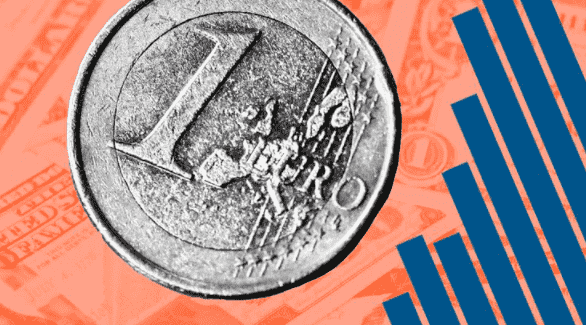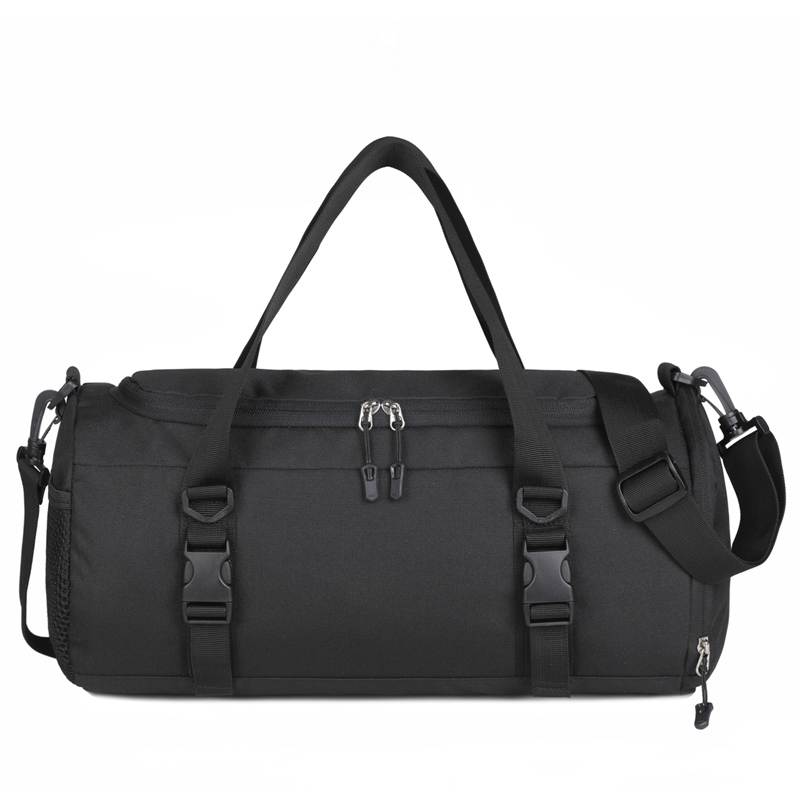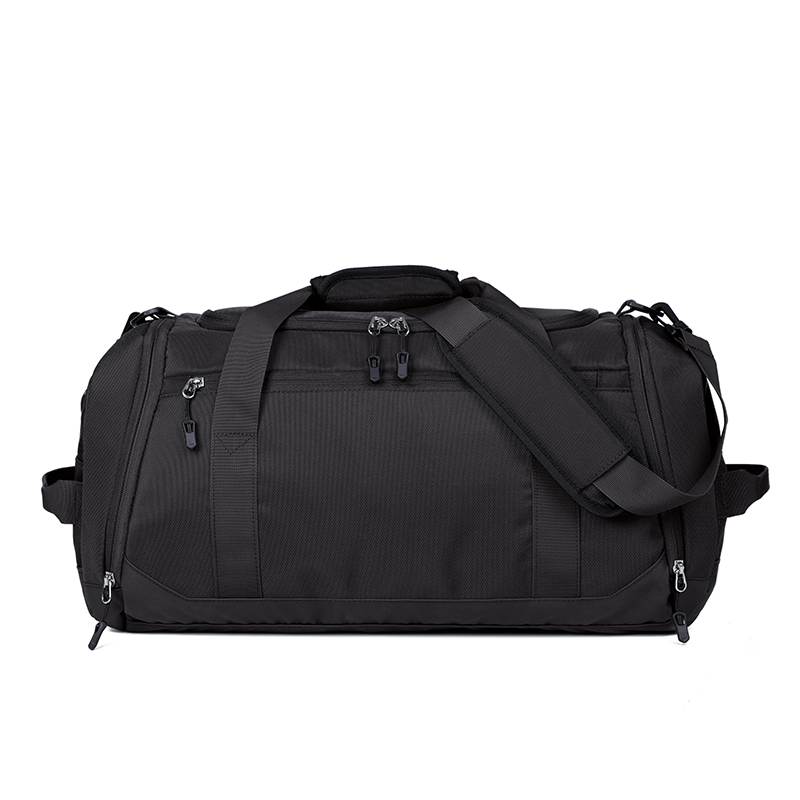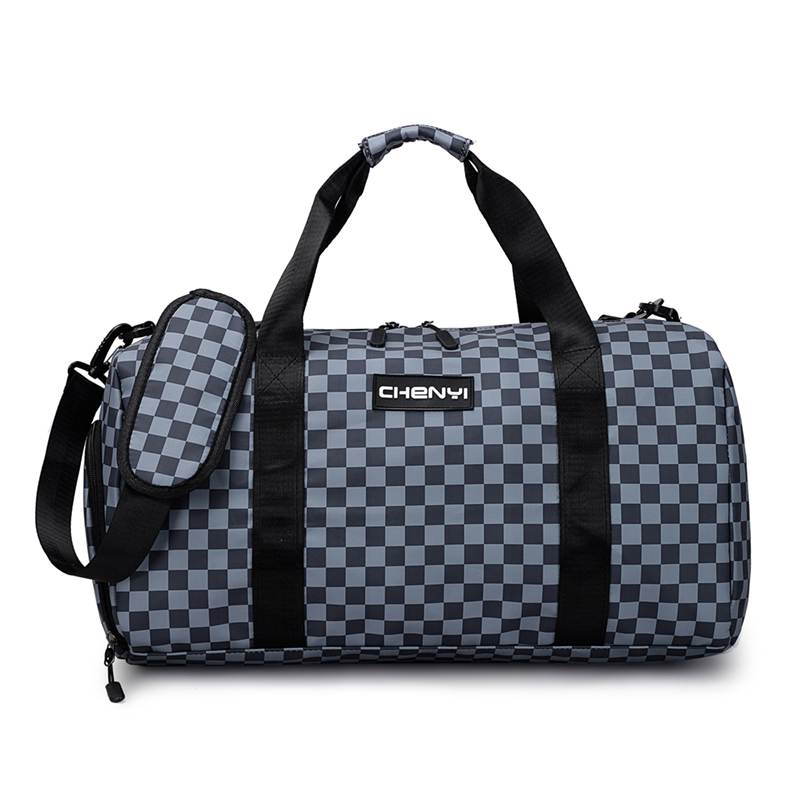Excellent Interest Rate Increase to Prevent Devaluation Everywhere Was Affected by the Sharp Depreciation of the Euro in International Trade: Orders Decreased; "Made in China" Prices Increased
2022-07-22 09:02:03
hebei leimande
Excellent Interest Rate Increase to Prevent Devaluation Everywhere Was Affected by the Sharp Depreciation of the Euro in International Trade: Orders Decreased; "Made in China" Prices Increased
Foreign trade enterprises on both ends of the Eurasian continent have seen a lot of shocks as a result of the recent quick depreciation of the euro and the exchange rate going below the 1 to 1 threshold. The market participants most directly impacted by exchange rate swings are foreign trade companies, which increases the level of uncertainty in China-EU commerce.
CCTV Finance reports that the European Central Bank raised interest rates by 50 basis points following its monetary policy meeting on the 21st at local time. Since 2011, this is the first rate increase by the European Central Bank.
Beginning on the 27th of this month, the monetary policy will become more restrictive. This action will primarily help to reduce the high inflation that is now occurring in the euro region and will also boost the exchange rate of the euro. A large increase in interest rates may be able to control the high inflation in Europe, but it may also slow down the economy's expansion. The poor euro exchange rate spiked unexpectedly throughout the session due to the news, and the intraday gain against the dollar was greater than 1%.
How have orders from Europe altered for Chinese companies? Is "Made in China" losing its appeal to European consumers? How can businesses in China and Europe lessen the risk of currency rate changes? Orders from Europe have dramatically decreased. The leaders of numerous Chinese foreign trade enterprises claimed that their order volumes had decreased dramatically as a result of the weakening euro and Europe's slow economic growth.
The person in charge of a sanitary ware company in Wenzhou, Zhejiang, said that in April and May this year, with the release of news such as the Fed raising interest rates, the number of orders from abroad began to decrease significantly. Most of our customers are in Europe. The local purchasing power has also declined after the depreciation of the euro against the US dollar. Many customers have cut orders. "A customer in Spain has notified us in advance that the demand for orders this year will be reduced by 20%." The importer of lamps and lanterns A foreign trader said that the number of export orders to Europe has decreased this year, and a very important reason is that the euro has depreciated sharply, which has made importers unable to bear the price increase. As small foreign traders, they have no bargaining power. If the profit is too thin, they can only give up.
In fact, for domestic foreign trade enterprises, rapid exchange rate fluctuations are themselves a risk. In addition to the rapid depreciation of currencies such as the euro and the Japanese yen, the exchange rate of the RMB against the US dollar has also fallen by about 5% in the second half of this year, from a high of 6.3 against the US dollar, which once fell below the 6.8 mark. The person in charge of a state-owned enterprise engaged in commodity trading said that due to the exchange rate changes this year, it is necessary to determine whether to use futures to "hedge" or "lock in foreign exchange" at any time to reduce risks, which has increased the financial pressure of the enterprise. It said that, just as the exchange rate of the euro against the dollar has fallen sharply recently, every time the Fed releases news, it will trigger market volatility. “For traders like us with stable demand, no matter what the Fed decides, it is not a good thing." stable market".
"Made in China" is getting more and more expensive: Just as Chinese domestic exporters are struggling to get orders from Europe, European importers are also suffering from the price increase of "Made in China" caused by the depreciation of the euro.

The operator of a home appliance store in Hamburg, Germany, said that a TV made in China that used to cost 300 euros now costs around 350 euros. In recent years, Chinese home appliances have become more and more popular, and brands such as Huawei, Xiaomi, Haier, and Hisense have become well-known among German consumers. Since the epidemic, Chinese home appliances are often out of stock. But with the euro falling, it's certainly not good news for pure sellers like them. Especially with the current high prices in Germany, consumers will reduce the purchase of non-urgently needed goods, and electrical appliances are often delayed or canceled.
"The devaluation of the euro also has a great impact on Sino-European trade." The person in charge of an import and export trading company in Cologne, Germany said that a few months ago, the euro had depreciated to below 1 euro to 7 yuan, and then rebounded. It fell to about 6.8 yuan per euro, which affected Germany's imports of "Made in China".
However, the operator also mentioned that while the euro has depreciated, container transportation costs from China to Europe have been greatly reduced recently. Prices for a 40-foot container from Shanghai to Hamburg have fallen below 7,000 euros, compared with more than 10,000 euros in the second half of last year, allowing European importers to keep some goods on hold.
Of course, the factors affecting China-EU trade are not just exchange rate changes. According to data released by the General Administration of Customs of China, in the first half of this year, China's imports and exports to the EU totaled 2.71 trillion yuan, an increase of 7.5%. According to the information released by the China National Railway Group, from January to June this year, the China-Europe trains operated a total of 7,473 trains and sent 720,000 TEUs, an increase of 2% and 2.6% year-on-year respectively, and the comprehensive heavy container rate reached 98%. Yuxinou, one of the operators of the China-Europe freight train, has learned that since the freight of the China-Europe freight train is mainly settled in US dollars, it has not yet seen a significant impact.
The situation for Europe's economy is still unclear.
At the moment, Europe is dealing with issues like rising energy and food prices as well as a relatively uncertain outlook for the global economy. Due to the evolving nature of the international conflict and the uncertain future of gas supplies, the European economic outlook is vulnerable to severe uncertainty and downside risks.
The European Union maintained its economic growth prediction for this year while lowering its growth forecast for next year, according to the European Commission's summer economic outlook report, which was published a few days ago. According to the analysis, the eurozone's economy will grow by 2.6 percent in 2022 before slowing to 1.4 percent in 2023, while the EU's GDP will expand by 2.7 percent in 2022 and 1.5 percent in 2023.










